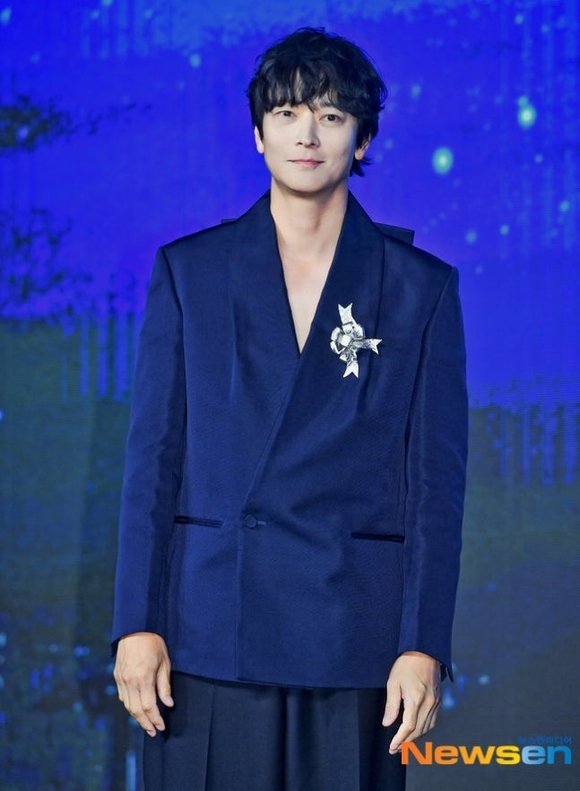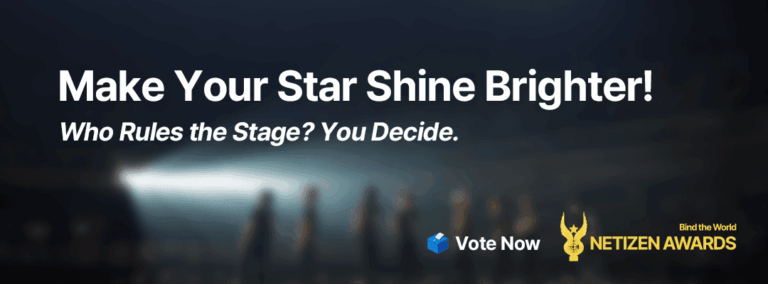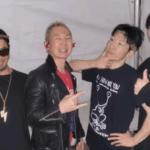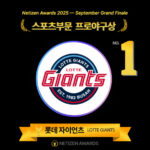Major Agencies in Hot Water Over Legal Compliance
From Kang Dongwon to Sung Sikyung, several big names in the Korean entertainment industry have been dragged into controversy—not for scandals, but for missed paperwork. Turns out, their agencies allegedly failed to register properly with the South Korean government, violating the law governing entertainment businesses.
What’s the Issue?
The Ministry of Culture, Sports and Tourism (a.k.a. MCST) announced that as of June 18, it will launch a special guidance period to help unregistered entertainment companies get legal. This advisory period, running until December 31, includes collaboration with the Korea Creative Content Agency and aims to guide overlooked or newly-established agencies through the process.
Under the “Framework Act on the Development of Popular Culture and Arts Industry,” operating without registration can lead to up to two years in prison or a fine of 20 million won (around $15,000). That’s no small slap on the wrist.
Stars Caught in the Crossfire
The news came after it was revealed that agencies representing high-profile celebrities—like balladeer Sung Sikyung, musical actress Ok Juhyun, trot singer Song Gain, pop legend Kim Wansun, and actor Kang Dongwon—had failed to complete their legal registrations.
Sung Sikyung’s management company, SK Jaewon, issued an apology: “We weren’t aware of this requirement and couldn’t comply. We’re now rushing to register as soon as possible.”
Ok Juhyun’s side explained that the lapse occurred when she launched her personal agency, TOI Entertainment, back in 2022. “It was an oversight during the administrative process. We take full responsibility, and the application has now been submitted,” she stated.
Government Steps In
While the Ministry is offering this grace period as a chance for agencies to voluntarily comply, it made it clear that after December 31, enforcement will follow. Translation: expect investigations, audits, and potential fines for those still operating off the grid.
A ministry spokesperson emphasized the purpose: “This isn’t a witch hunt. It’s a chance for the industry to clean house, protect artists, and boost public trust in K-pop and Korean entertainment.”
Why This Matters
It may seem like a technicality, but proper registration is crucial for transparency and fair working conditions in a fast-growing, billion-dollar industry. With more stars going independent or founding their own agencies, navigating regulations has become more complex—and clearly, more prone to human error.
What’s Next?
Whether this wave of enforcement nudges the entire system toward better practices—or simply exposes how behind-the-scenes chaos still rules the scene—one thing’s clear: even K-pop’s brightest stars need legal teams with to-do lists.
Who’s next to get caught in the crackdown? Stay tuned.
























